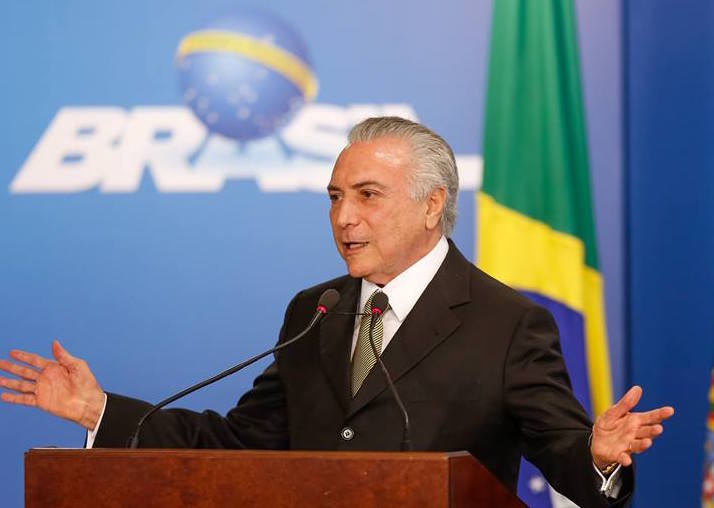
Given ancient Rome’s delight in all things Hellenistic, it’s perhaps surprising that it took until 1960 for the Italian capital to win its turn hosting the Summer Olympic Games.![]()
![]()
Those 1960 Games, however, showcased a Rome that, in barely more than a decade, rose from the ashes of World War II’s devastation. Under the guidance of U.S. and western allies and under the aegis of the Catholic, conservative Democrazia Cristiana (Christian Democrats), the 1960 Games forecast a competent and determined Italy that would, for the next three decades, leap forward economically in surprising and creative ways.
Though Italy today seems often trapped in sclerotic and tradition-bound ways, it wasn’t outlandish to say that Italy in 1960 was still a country of the future.
That evergreen label, too, is affixed to Brazil. It’s the country of the future, the old chestnut goes… and it always will be.
When Rio de Janeiro was awarded the Olympic Games in 2009, it looked like that future, always just beyond the horizon, was finally within reach. In 2010, Luiz Inácio Lula da Silva marked the last of eight years in power. With GDP growth of 7.5%, the frothiest Brazilian economy in a quarter-century, and with extreme poverty nearly eliminated across Brazil through a series of social welfare, transfer and educational programs, it was a victory lap for a figure who had become the most mythic colossus of the Latin American left. Though Brazil’s 2010 boom was part of a short-lived emerging economies bubble, things were still looking up for Brazil as recently as 2014, when Lula da Silva’s hand-picked successor, Dilma Rousseff, narrowly won reelection – the fourth consecutive term for the Partido dos Trabalhadores (Workers’ Party), defeating both Marina Silva, a charismatic third-way economic leftist and evangelical Christian who would have been Brazil’s first leader of African descent, and conservative Aécio Neves, a telegenic and well-regarded senator and successful former governor of Minas Gerais.
Even then, it was still possible to regard the historic 2016 Games, the first to be held in South America, as notice that at long last, Brazil would be a country of the present. Instead, the country today is in political and economic crisis. Far from announcing Brazil as a major economic power, the Rio Games themselves have become a symbol of economic inequality and government misrule. At best, they have been an opportunity (as much for Brazilians as for Trump-weary and Clinton-fatigued Americans) to forget politics for two weeks. Continue reading What Italy’s Tangentopoli in 1992 political trauma can teach Brazil in 2016